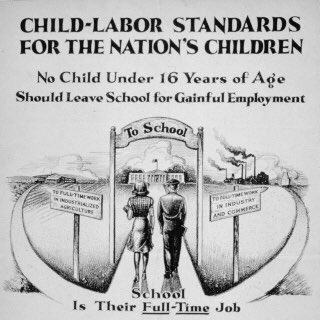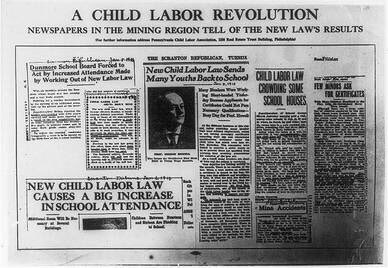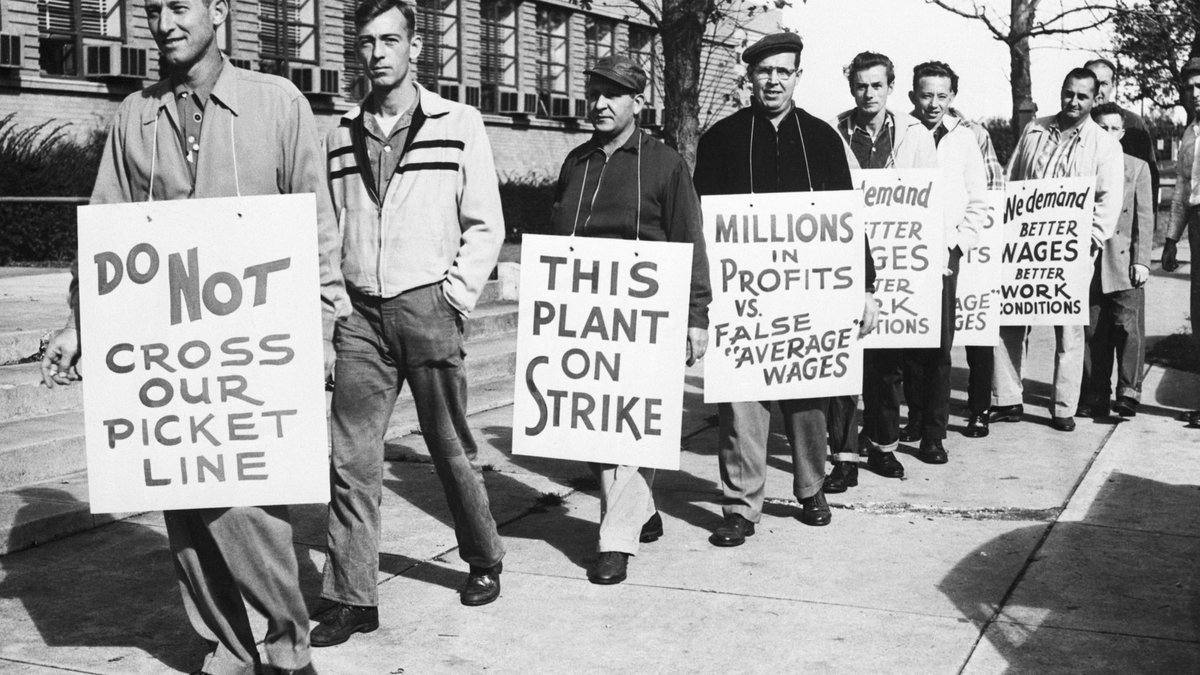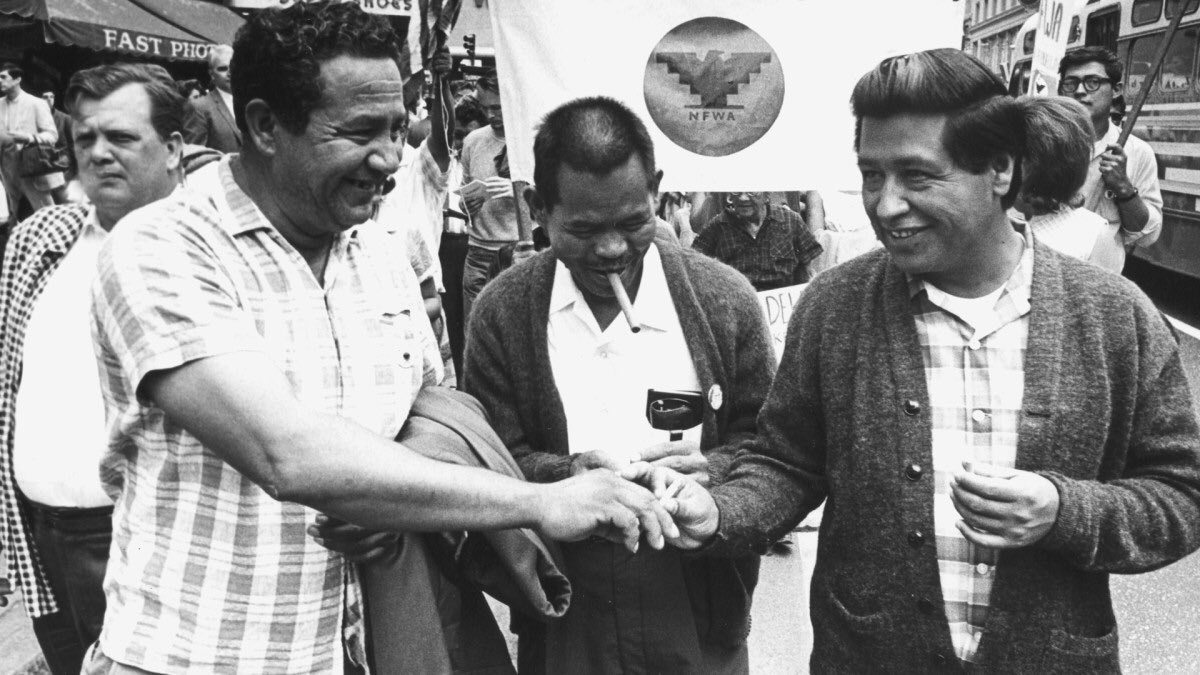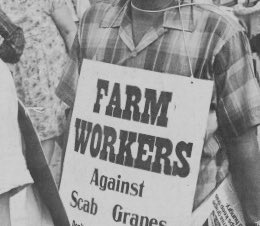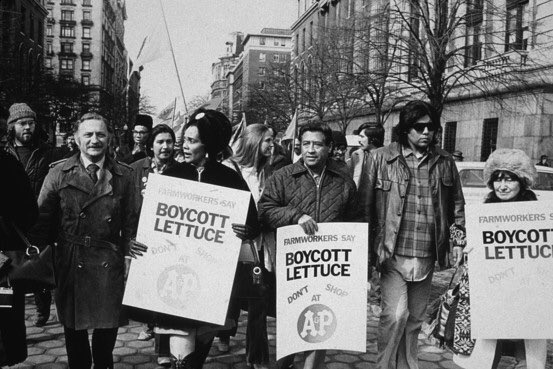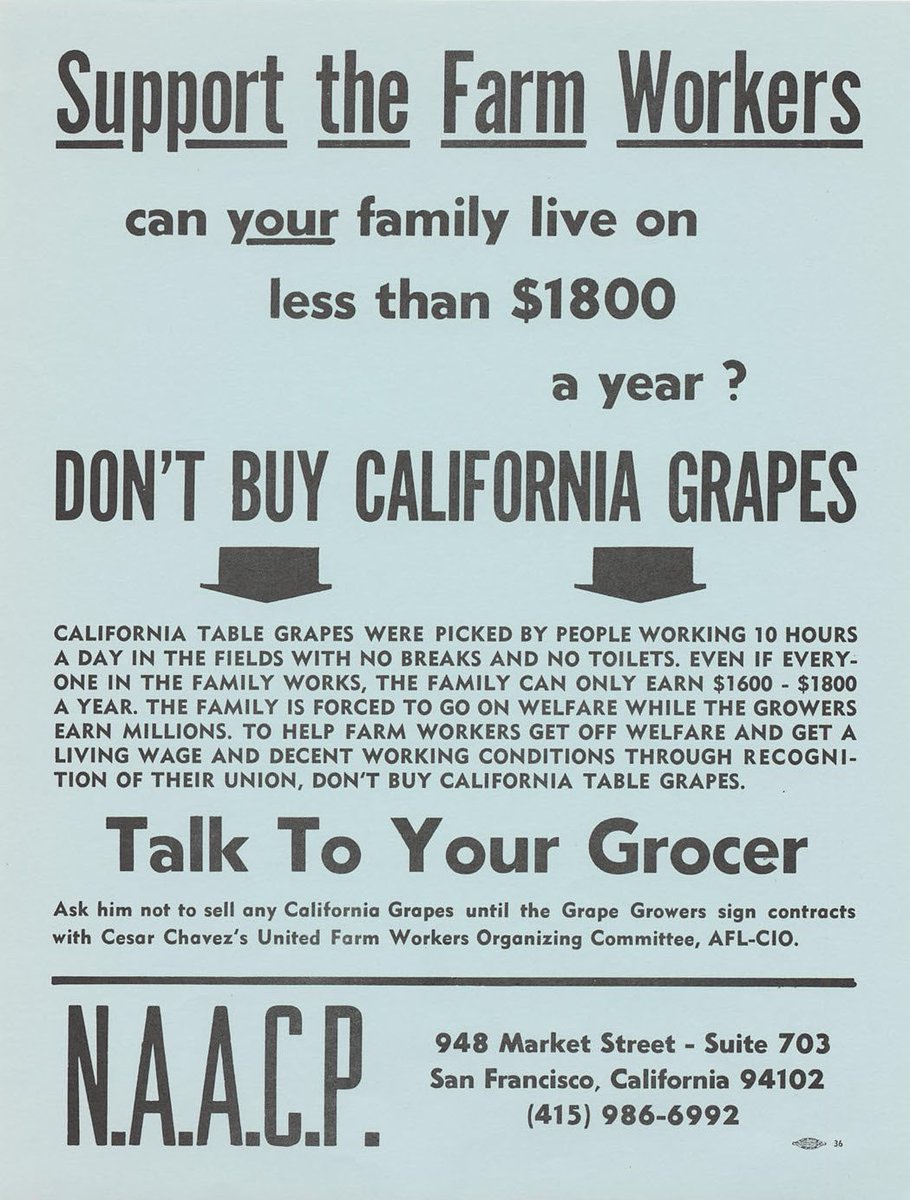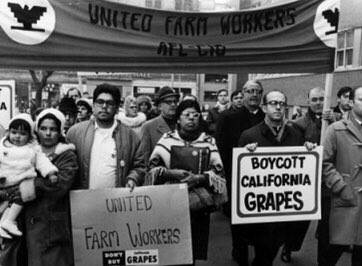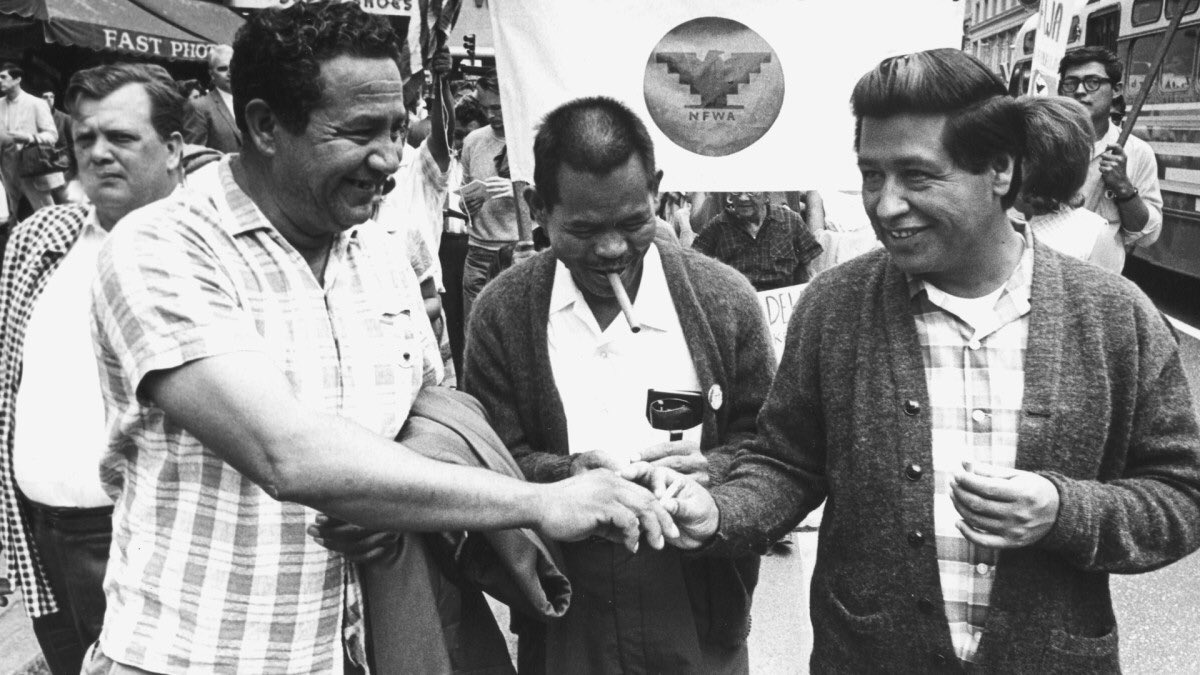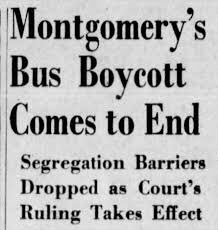
A thread on why Californians need to vote NO on Prop 22.
This is one of the most egregious ballot measures in recent history. UFW knows all too well what happens when labor law carve-outs create a sub-caste of workers vulnerable to exploitation.
This is one of the most egregious ballot measures in recent history. UFW knows all too well what happens when labor law carve-outs create a sub-caste of workers vulnerable to exploitation.
Uber, Postmates, Instacart, and other "gig" companies have spent $186 million to confuse CA voters into supporting Prop 22— by far the most expensive ballot initiative in American history.
That shows how much they have to gain at the expense of workers.
theweek.com/articles/94279…
That shows how much they have to gain at the expense of workers.
theweek.com/articles/94279…
Prop 22 intends to carve out exceptions in CA law AB-5 which requires businesses like Uber to treat workers like normal employees. For example, paying minimum wage.
Take it from us: excluding workers from basic protections is terrible. Vote NO on Prop 22.
prospect.org/labor/how-uber…
Take it from us: excluding workers from basic protections is terrible. Vote NO on Prop 22.
prospect.org/labor/how-uber…
For gig workers, Prop 22 means no minimum wage, stripped worker protections, no overtime, no sick leave, no discrimination protection, no right to collectively bargain. It creates a sub-class of rights for workers who are mostly people of color and immigrants.
Sound familiar?
Sound familiar?

The UC Berkeley Labor Center estimates Prop 22‘s pay guarantee for Uber/Lyft drivers is the equivalent of $5.64 per hour.
Working for 10 hrs, 7 days a week with 0 days off would leave even a SINGLE person below the CA poverty line.
Vote NO on Prop 22.
laborcenter.berkeley.edu/the-uber-lyft-…
Working for 10 hrs, 7 days a week with 0 days off would leave even a SINGLE person below the CA poverty line.
Vote NO on Prop 22.
laborcenter.berkeley.edu/the-uber-lyft-…
All workers deserve fair labor protections.
Do not let gig-employer corporations hollow out our labor laws. Do not be fooled by the $186 million dollar campaign to confuse exploitation with “flexibility” for their workers.
#VoteNoOnProp22
Do not let gig-employer corporations hollow out our labor laws. Do not be fooled by the $186 million dollar campaign to confuse exploitation with “flexibility” for their workers.
#VoteNoOnProp22

• • •
Missing some Tweet in this thread? You can try to
force a refresh

